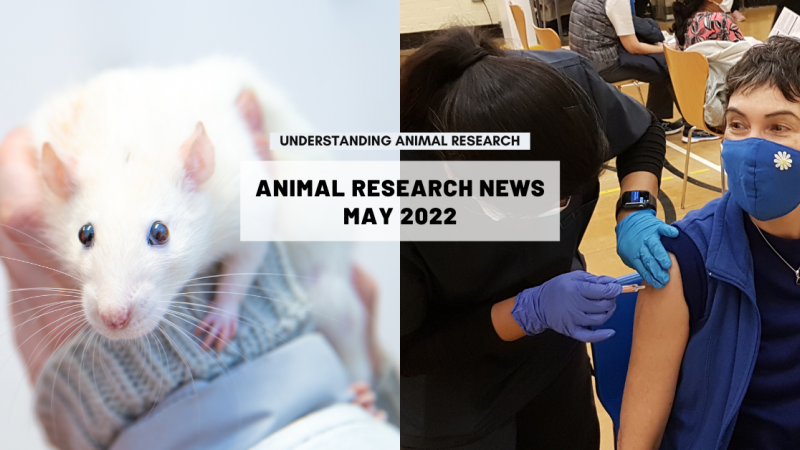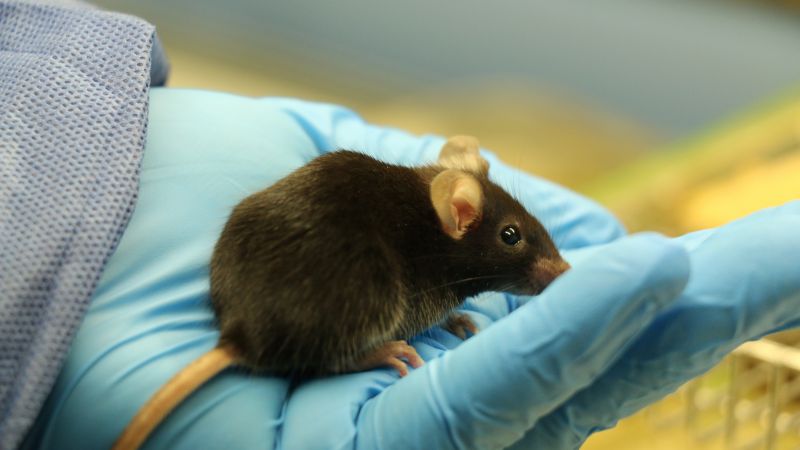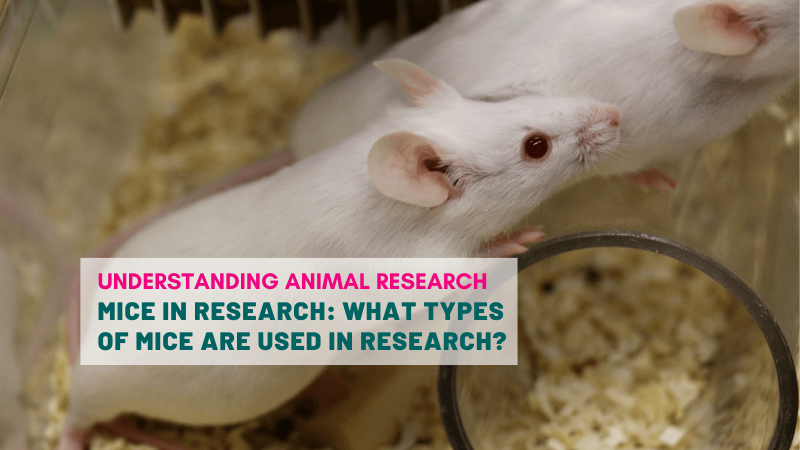US researchers have found a way to reverse Down syndrome symptoms in newborn lab mice by injecting an experimental compound that affects brain development. The findings of the study will not directly translate to a new treatment but the researchers believe they offer a path towards future breakthroughs by allowing them to better understand brain development in people with Down’s Syndrome.
Down's syndrome is a genetic disorder caused by the presence of all or part of a third copy of chromosome 21. It leads to severe mental and growth impairment. The mice used in the study were genetically engineered to have extra copies of about half of the genes found on human chromosome 21. This mimics some characteristics of the disorder, including smaller brains and learning difficulties.
On the day the mice were born, the researchers injected them with a small molecule known as a Sonic hedgehog pathway agonist (SAG). This compound was already known to affect brain development by stimulating the Sonic Hedgehog cell-signalling pathway, so called because fruit fly larvae look spiky when it is disrupted. Cell to cell signalling is essential for cells to correctly position themselves in growing tissue such as the brian.
By adulthood the treated mice had more normal cerebellum development - the part of the brain involved with balance and coordination - than untreated mice. The treated mice also showed improvements in nerve signalling in a part of the brain involved with memory and spatial awareness. However, SAG-treated mice still showed differences in some nerve cell signalling and behavioural tasks compared to normal mice.
The test compound is not approved for use in humans and is likely to have many side effects, whilst also not addressing all the problems associated with Down’s Syndrome. Nonetheless, the study is useful as it shows an important role for Sonic hedgehog signalling in development of the cerebellum and its impaired function in the lab mouse. This could provide clues for the development of a treatment to improve brain function in people with Down’s syndrome.
Last edited: 11 March 2022 09:09




